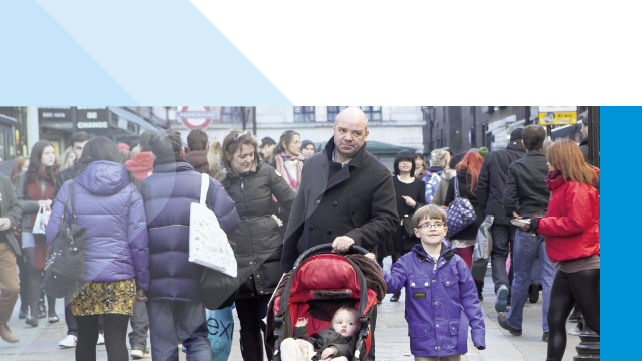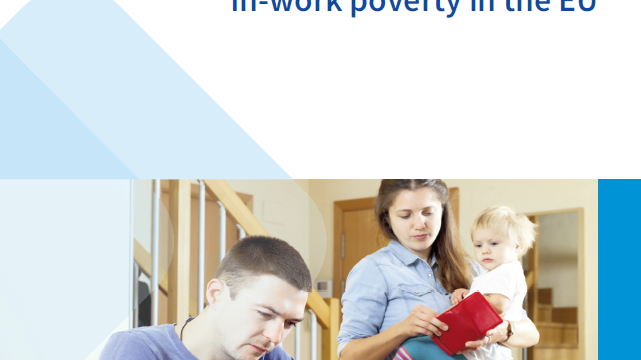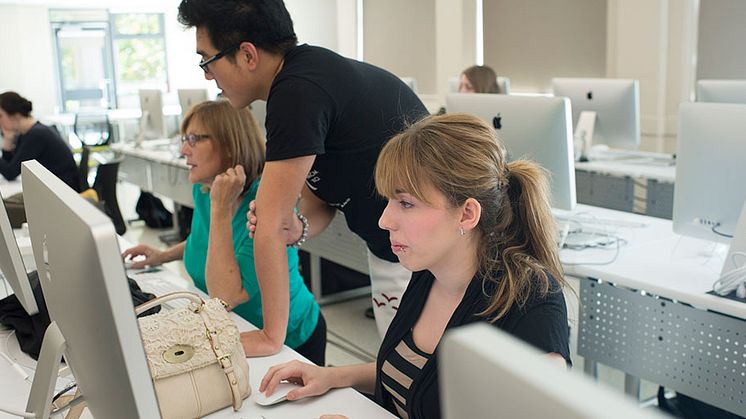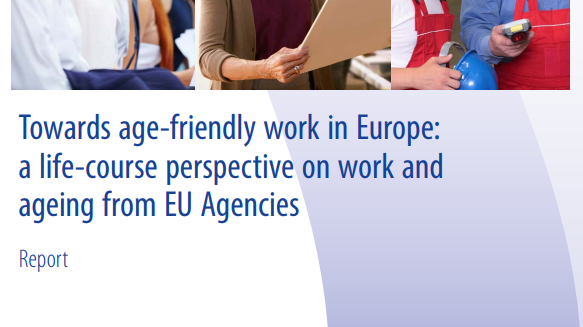
News -
Four out of five workers in Europe happy with working time ‘fit’
81% of workers say their working hours fit well, or very well, with their private life obligations. However men continue to have longer working hours (on average 6.5 hours per week more than women) and report more difficulties adapting working time to family life or other commitments. This is according to Eurofound’s new report on Working time patterns for sustainable work.
Sustainable work requires jobs of good quality which fit the circumstances and characteristics of those working in them at the different stages of their life-course. In this context, working-time is an important factor, relating as it does to work-life balance, to health and well-being and to the preferences of workers.
The report, which looks at data from the sixth European Working Conditions Survey (EWCS), shows the gender gap in paid working time is even greater in the UK and Ireland, as well as in western Continental Europe; reflecting prevailing gender labour market segregation and the gender division of unpaid work, with far-reaching implications for the labour market, work-life balance and family structures.
Overall working time preferences are strongly related to employees working time. Short part-timers have a significant higher likelihood of preferring an increase in working time, whereas employees with long working hours have a strong preference for working shorter hours. Working time preferences can also vary across the life course stages; cohabiting mothers of pre-school or pre-adolescent children are more inclined to want to reduce their working time, while for fathers it is across the whole parenting phase.
The report also looked at the implications of working time and work-life balance on health and wellbeing. When EWCS respondents reported work–life balance difficulties, they also tended to report health and sleep problems as well as health and safety risks at work. Working nights or shifts, or being exposed to high work intensity also resulted in the same issues.
Fixed and regular working hours, job autonomy and good work-life balance have an important positive influence over workers’ subjective wellbeing no matter what phase of life the individuals are in. At the same time, results indicate some tension between working time autonomy and constraint: autonomy enhances wellbeing, but the predictability and regularity of working hours have a positive effect on wellbeing, even when determined by employers
In order to make work more sustainable, and reach the objectives to further raise employment rates in Europe, working time policies must adopt a life course perspective, taking into account workers’ needs and preferences in terms of working time throughout their working lives. Policies should also continue to promote a more equal distribution of paid and unpaid work between men and women and encourage a stronger involvement of men, and fathers in particular.
Download the report: Working time patterns for sustainable work
Work-life balance is an important theme to the Social Summit for Fair Jobs and Growth in Gothenburg on 17 November 2017
More information: Social Summit for Fair Jobs and Growth








